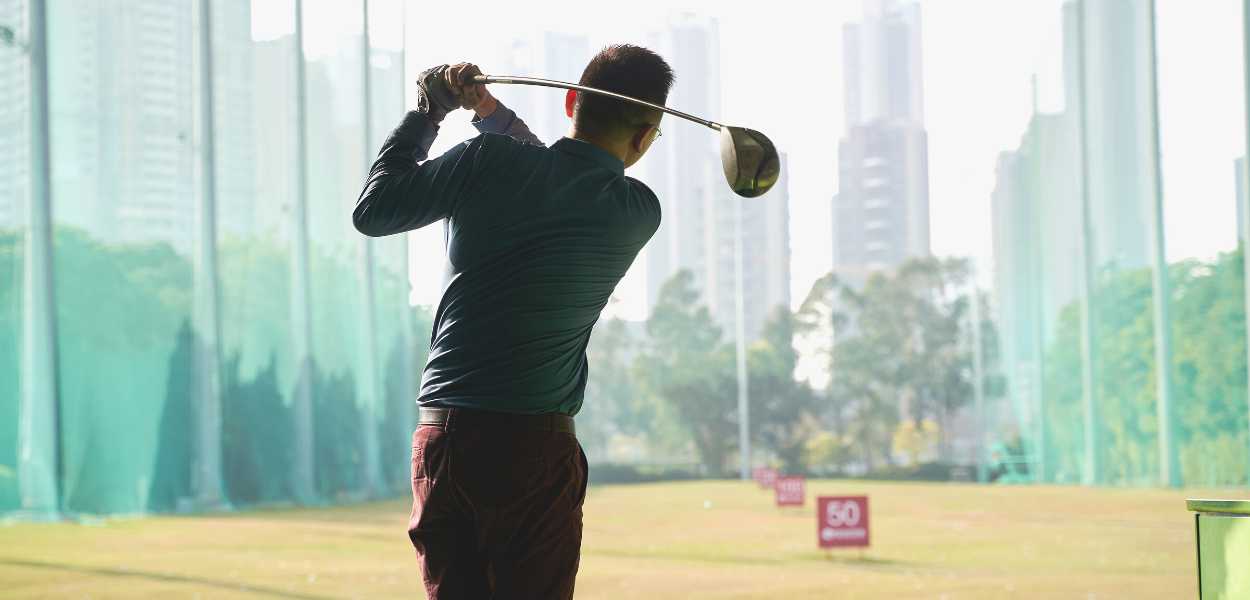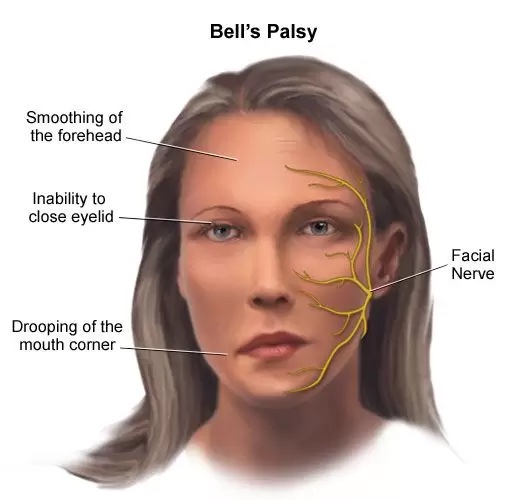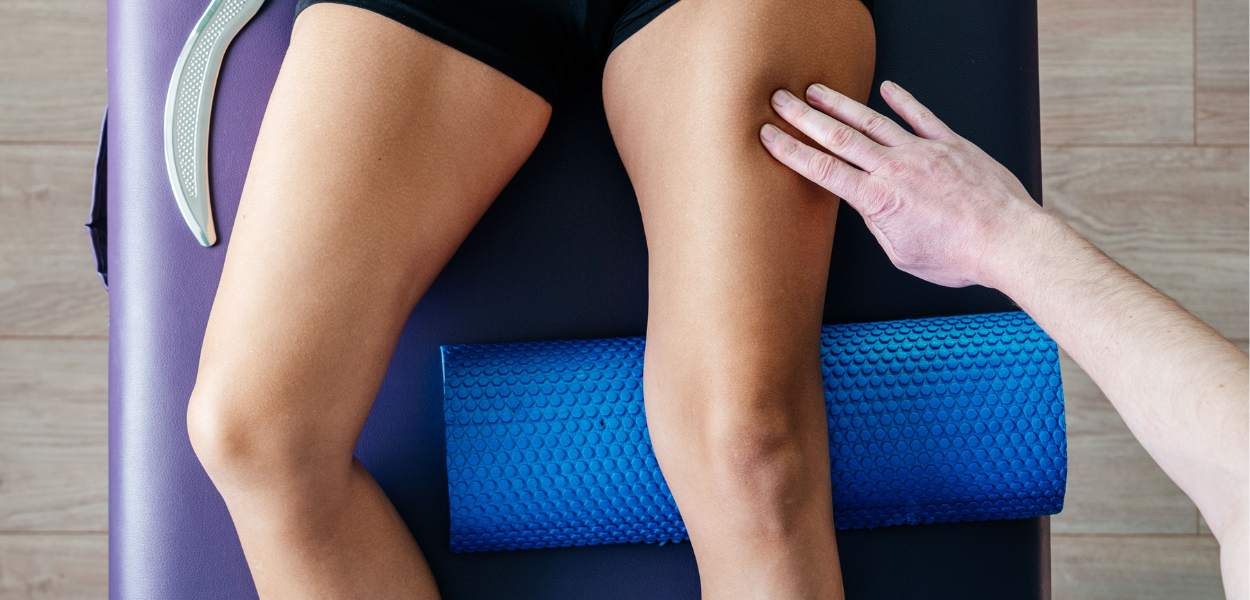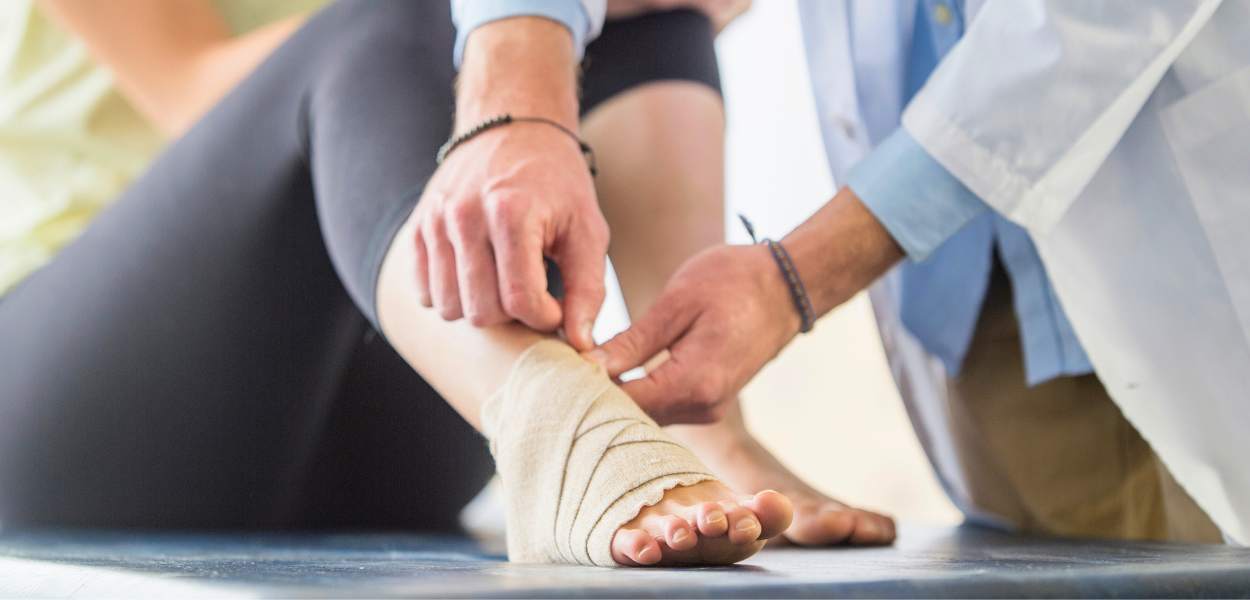The Most Common Golf Injuries

Are you an avid golfer? If so, the chances are you will experience one or more of these common golf injuries at some point. Learn about the most common golf injuries and the best ways to prevent them to make sure you stay on course!
With over 55 million people in the world playing golf every year, it is estimated that 30% of those people will experience back pain at least once. The explosive aspect of the golf swing can place a lot of stress on the body. As a result, golfers of all experience levels (from professional to casual golfers) are prone to certain injuries and conditions.
From back pain to golfer's elbow, these injuries can put a damper on your game and even lead to long-term damage if left untreated. Fortunately, there are steps you can take to reduce your risk of injury and keep yourself in top form on the course. In this article, we share the most common golf injuries and provide tips for preventing them. Stay on top of your game and protect your body with our expert advice!
Generally, there are two main categories of golf injuries:
Acute Injuries: trauma from a specific and identifiable event, such as striking a rock or hard surface when playing a golf shot
Overuse Injuries: gradual-onset injuries as a result of repeated stress over time
While acute injuries are difficult to control and predict, overuse injuries can be avoided with the best practices that we share below.
5 Common Injuries in Golf
1. Lower Back Pain
The golf swing is a very asymmetrical movement, meaning that there is greater focus on one side of the body. The rotational stresses of the swing places a lot of pressure on the spine and lower back muscles.
Golfers that practice their swing in a bent-over stance will undoubted repeat the same motion many times during their practice. This can cause minor strains in the back that can easily lead to severe back injuries. The risk of injury increases with incorrect stance or technique, such as the rounding of the back, or taking too wide of a stance when swinging a golf club.
2. Golfer’s Elbow or Elbow Tendonitis
Golfer’s elbow refers to irritation and inflammation of the inner tendon in the elbow. Tennis elbow, which is also as common as golfer’s elbow, affects the outer tendon of the elbow. Symptoms include elbow pain, reduced grip strength, and limited range of motion.
Elbow tendonitis is caused by the overuse of the elbow muscles, usually from taking too many practice swings or incorrect technique. The way you hold your club (such as gripping the club too hard) can place stress on your elbow tendons over time.
3. Rotator Cuff Injuries
The rotator cuff is a group of muscles and tendons that surround the shoulder joint. Rotator cuff tendonitis, which is damage to the shoulder tendons, is another common golf injury that is usually caused by the repetitive motion of swinging a golf club.
Symptoms of rotator cuff tendonitis include shoulder pain, weakness, and limited range of motion.
4. Knee Pain
Golfers of all levels may also experience knee injuries. Knee pain can occur from the strain placed on a weak knee as you rotate your hips during the beginning of a golf swing.
Extreme force placed on the knee can lead to enough stress such that ligaments and meniscus/cartilage become injured. Knee injuries do vary in type and severity – older golfers are at a higher risk of experiencing knee pain as knee cartilages break down over time.
5. Wrist Pain / Tendonitis
Similar to the tendons in the elbows, wrist tendons can become overly fatigued and inflamed from overuse. One particular type of wrist injury we commonly see in golfers is the Extensor Carpi Ulnaris (ECU) injury.
The ECU is a major skeletal muscle that extends from the elbow to the wrist. This muscle is highly active during the golf swing, and is therefore prone to overuse injuries, whether it is from playing a lot of golf, or poor technique.
Tips for Preventing Golf Injuries
Always Warm Up and Stretch
Before going straight into a round of golf, it is important to warm up and prepare your body for the golf swing you’re about to perform. A good dynamic warm up will activate the muscles you will use in golf, and build mobility and stability. This should take no longer than 5 to 10 minutes, although a longer warm up may be required if you have a history of injuries or lower mobility (such as stiff joints or arthritis) or if you are playing under colder temperatures.
Check out this warm routine that you can practice before your round!
Start Golf-Specific Strength and Conditioning
A structured fitness and exercise programme will strengthen your muscles and build up the endurance that is required in golf. With better conditioning and stronger muscles, your body will be able to better cope with the physical demands, so they are less likely to be injured. Stronger muscles can also improve your golf swing mechanics and performance.
With this in mind, multiple studies show that there are certain muscles that are highly active in the golf swing. The key muscles are the glutes, chest, core and forearm muscles – they are responsible for the force and rotation of your swing.
Our physiotherapists offer comprehensive golf swing screenings for golfers of all levels. During the initial screening, our physiotherapists will assess the swing biomechanics, physical fitness, upper/lower body strength and stability to identify weak links. From there, we provide an individualised and comprehensive plan to improve biomechanics and minimise the risk of injury.
Ensure Proper Technique
It is important to use proper (and safe) hand position, grip and movement when you practice your golf swing. The golf swing is a fairly complex movement that can bring unnecessary stress on the muscles if practiced incorrectly.
Aside from warming up and conditioning, we would suggest golfers work with a professional golf coach to learn the proper golf techniques. Good form puts less stress on the body, and improves flexibility and agility.
If you are actively looking for a golf coach in Hong Kong, we would highly recommend the fantastic coaches at GOLFTEC Hong Kong, who have even helped our own physiotherapists level up their golf game!
Use The Right Equipment
Having the right golf clubs made for your golf swing will certainly help your golf scores tremendously and boost your confidence. They will also minimise your risk of injury.
A relatively heavy golf club with extra weight will force the body into an unnatural position in the backswing and follow-through. This places a large amount of stress on the lower back. A softer club grip helps reduce vibration during the golf swing into the arm – this may place less pressure of golfers with arthritis.
All in all, having the right set of golf equipment for your swing and your body will reduce the risk of injury, as they are designed to minimise the strain on your body. Whether you’ve just started golf or are an experienced golfer, it is a good idea to get custom fit clubs, especially if you’d like to get the most out of your game.
Treating Golf Injuries with Physiotherapy
While golf injuries can be treated with adequate rest, the most important thing is to carefully diagnose the root cause of the injury. At Prohealth Sports And Spinal, our physiotherapists are highly experienced in treating golf-related injuries and other sports injuries. Working with our physios, you will receive a detailed assessment to fully understand the root cause and identify areas requiring treatment.
We provide a range of physiotherapy treatments (such as manual therapy, soft tissue massage, exercise-based rehabilitation, shockwave therapy etc.) to help with your golf-related injuries. The actual physiotherapy treatment depends on the individual’s stage of the injury.
From there, our physios will develop a program to help to clients return to full mobility and function, with advise on exercises and activities to minimise the risk of re-injury.
Golf Screening Programmes
We can further assist you with a Golf Screening Programme. The program includes a comprehensive assessment of your physical abilities and limitations based on your swing mechanics.
Depending on your needs, we may also develop a customised treatment plan. The goal of the program is to help you achieve optimal performance and longevity on the golf course, while also addressing any pain or discomfort you may be experiencing.
Need Help? Contact Us Today!
If you have been experiencing any golf-related injuries or would like to an assessment on your golf biomechanics, get in touch with our physiotherapists today.
For more information, contact us at +852 2530 0073, or email appt@sportsandspinal.hk.




